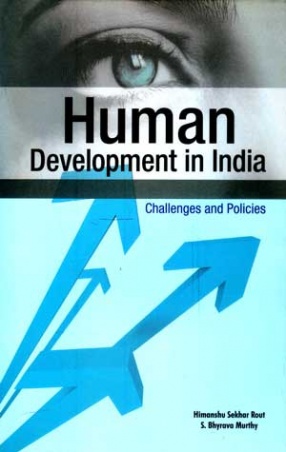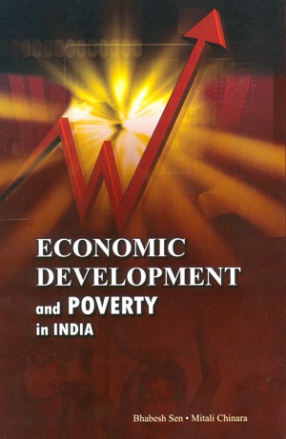Micro, small and medium enterprises (MSMEs) are the backbone of India’s industrial economy. MSMEs not only play a crucial role in providing large employment opportunities, at comparatively lower capital cost than large industries, but also help in industrialization of rural and backward areas, thereby reducing regional imbalances, and assuring more equitable distribution of national income and wealth. MSMEs are complementary to large industries as ancillary units and contribute enormously to the socio-economic development of the country. The sector contributes significantly to manufacturing output, employment and exports of the country.
MSMEs, though important, face a number of problems which have resulted in their retarded growth. Inadequate working capital, lack of information to access domestic and international markets, shortage of trained personnel and obsolete technology are the major barriers to the growth of MSMEs in India. In the post-WTO agenda, domestic markets have been opened up for imports, creating severe competition for the local industries. At the same time, it has created opportunities for small industries to tap global markets.
The growth of the MSMEs sector must be a central focus of India’s manufacturing strategy. This sector is the foundation for a strong manufacturing area providing greater employment with less capital. It has a complementary relationship with large industries because it supplies components and inputs to them. It is the entry point for workers and entrepreneurs who move through it to large-scale enterprises. The present volume contains 13 scholarly papers, authored by experts in the field, which provide an analytical account of the functioning of MSMEs in India.









There are no reviews yet.